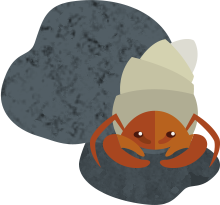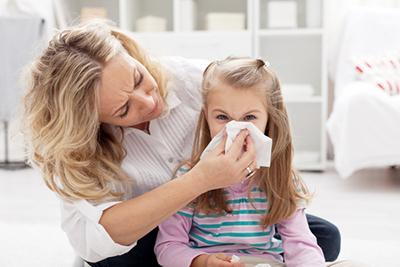




Does your child suffer from allergies? The team at Clearwater Pediatric Care in Clearwater and Tampa, FL are here to help determine the best course of action for relief and safety.
Allergies can fall anywhere between irritating and dangerous. And sadly, too many children suffer from them. Below, the team at Clearwater Pediatric Care in Clearwater and Tampa, FL discuss the different types of allergies and triggers children deal with, along with steps to avoid and manage them.
The immune system is an integral part of our bodies that is intended to help fight off dangerous or harmful things, such as diseases and infections. A series of events occurs when one of these is present to fight off whatever is trying to invade the body. It’s natural and critical to keeping us well.
Unfortunately, sometimes the immune system is hyperactive. It mistakes normal substances for harmful ones, causing that same series of protective events to take place. When it detects an allergen, this process can cause:
The most common allergens fall into four categories: insect, skin, food, and environmental.
One of the most important steps in prevention and management is identifying the allergens and taking the necessary steps to avoid them. This can include steps like changing laundry detergents or bed sheets, installing air purifiers, adjusting meals, avoiding outside time during high pollen counts, and more.
Your pediatrician can work with you in this area to identify allergens and determine the best steps to take. They can also recommend the best OTC or prescription medications. Be sure to keep all scheduled appointments so that your child can be monitored and any necessary adjustments can be made.
In some cases, keeping an EpiPen is crucial for emergencies. It’s also important that you communicate with your child’s school and any other caregivers.
Visit our team at Clearwater Pediatric Care in Clearwater and Tampa, FL for help with your child’s allergies by calling (727) 461-1543 to schedule an appointment.
This website includes materials that are protected by copyright, or other proprietary rights. Transmission or reproduction of protected items beyond that allowed by fair use, as defined in the copyright laws, requires the written permission of the copyright owners.